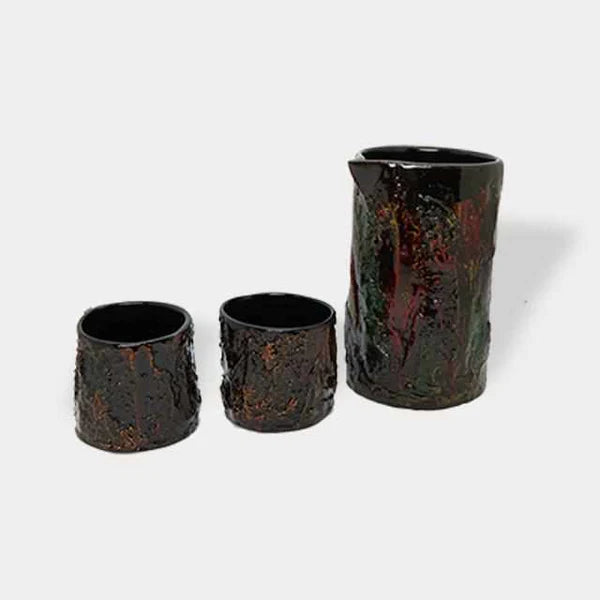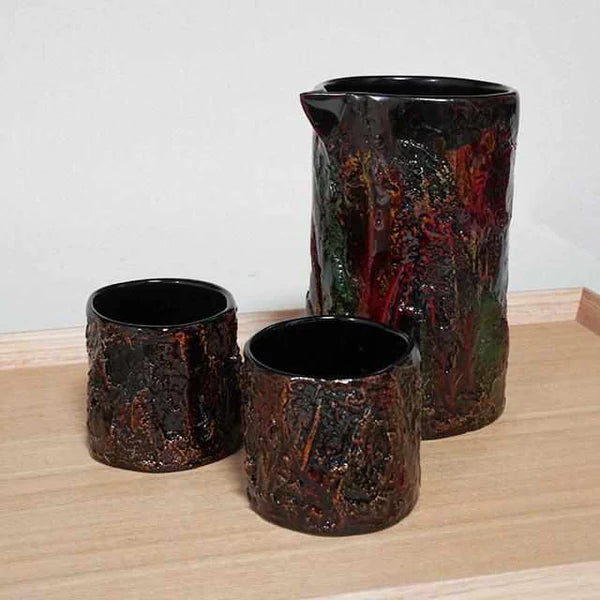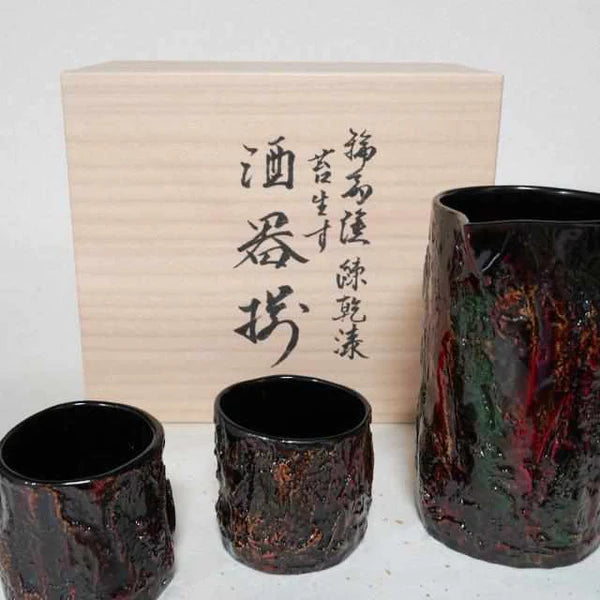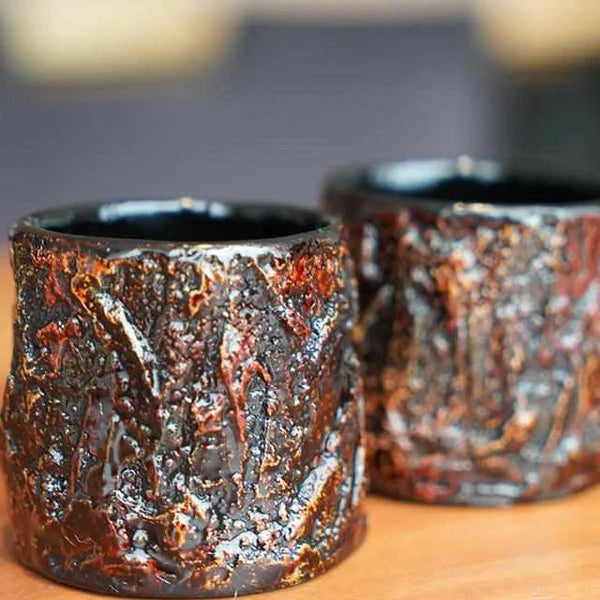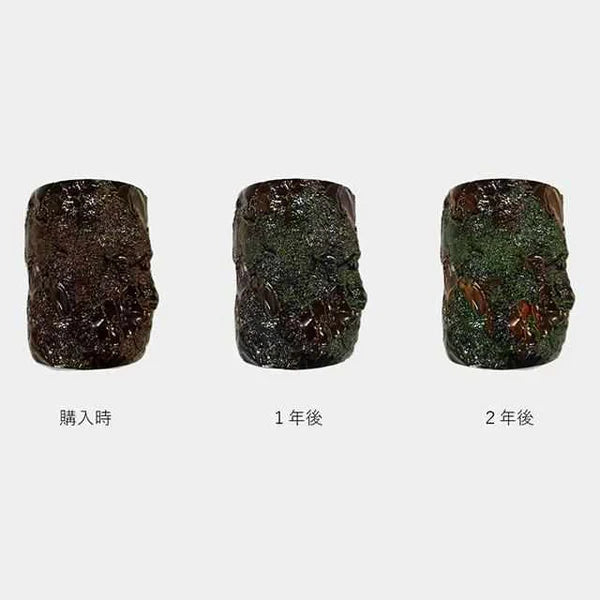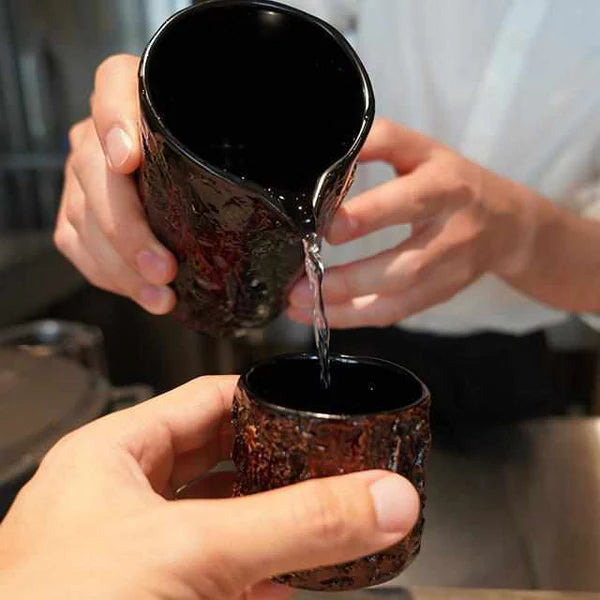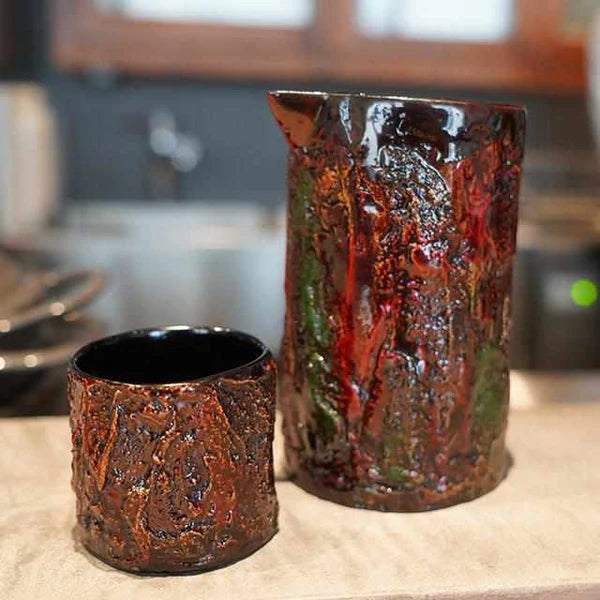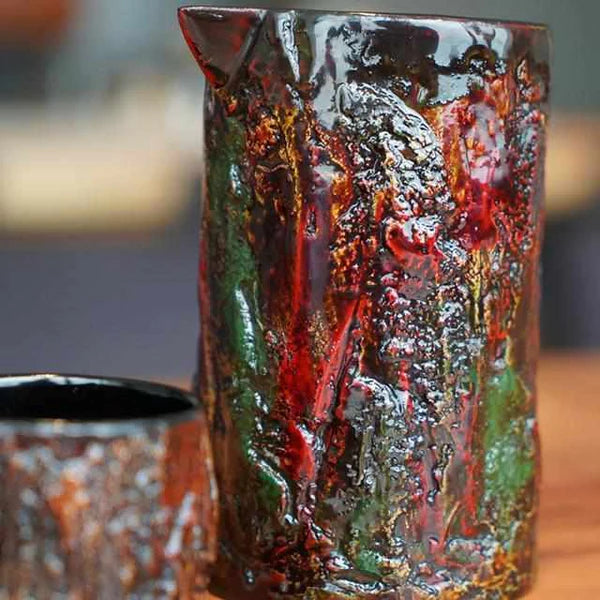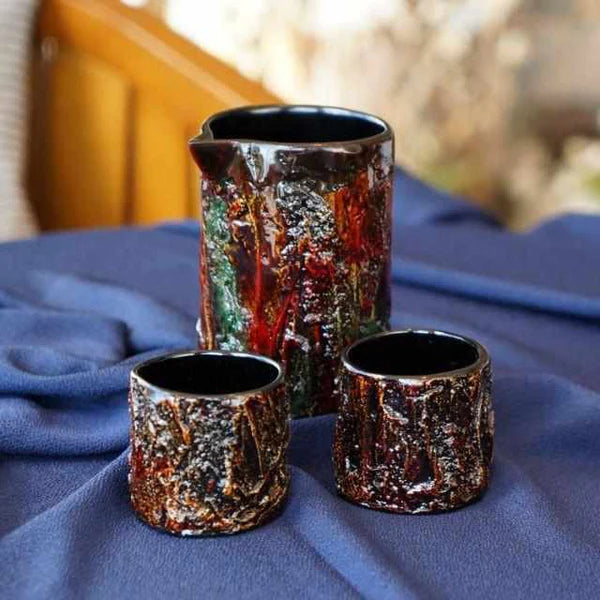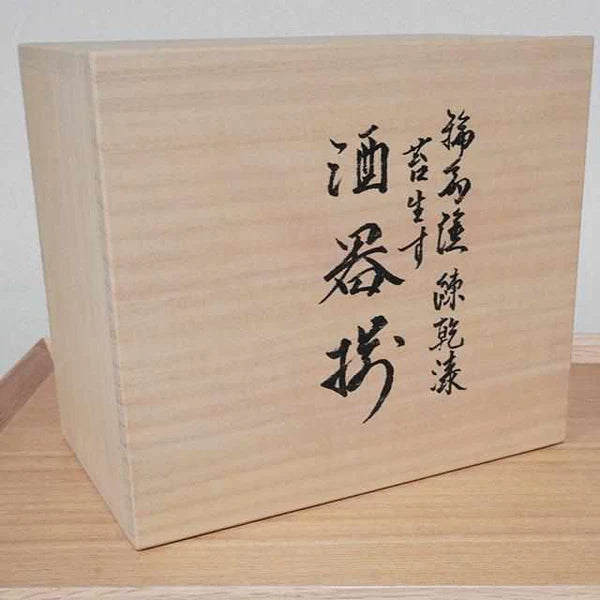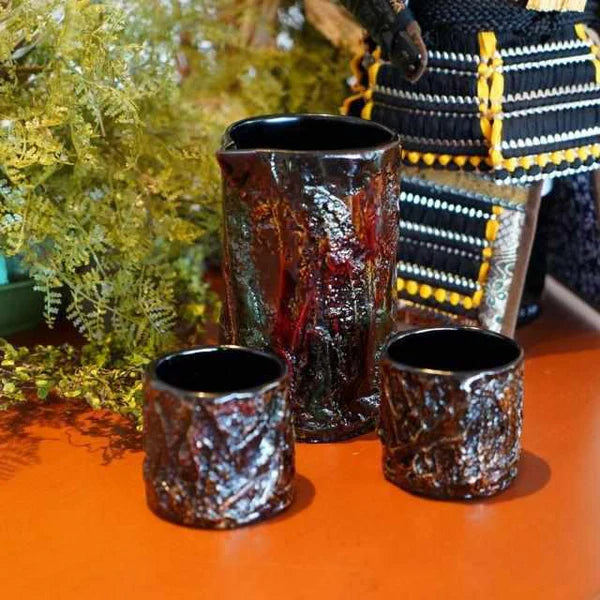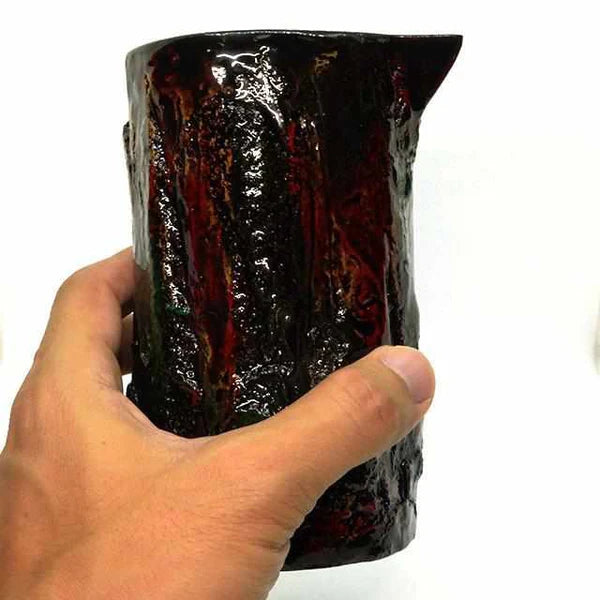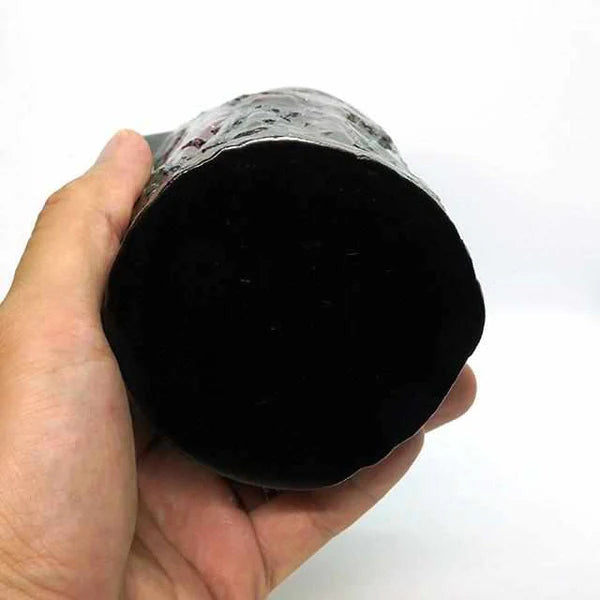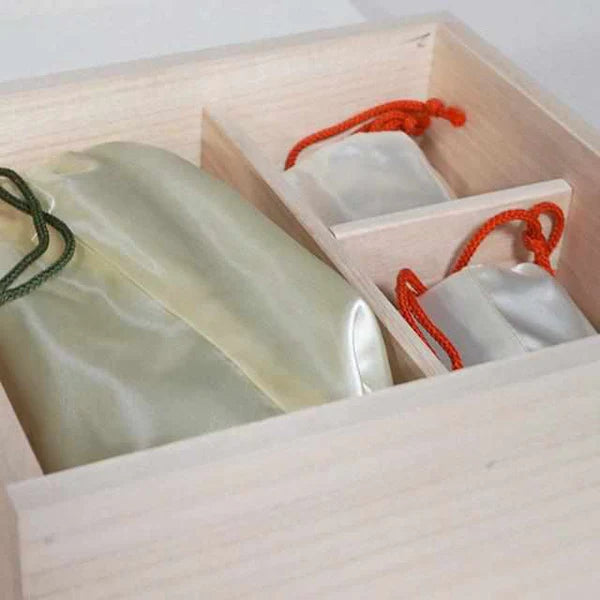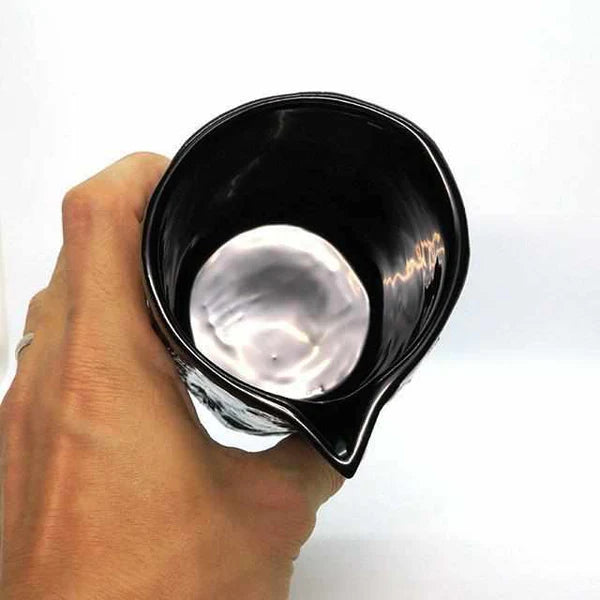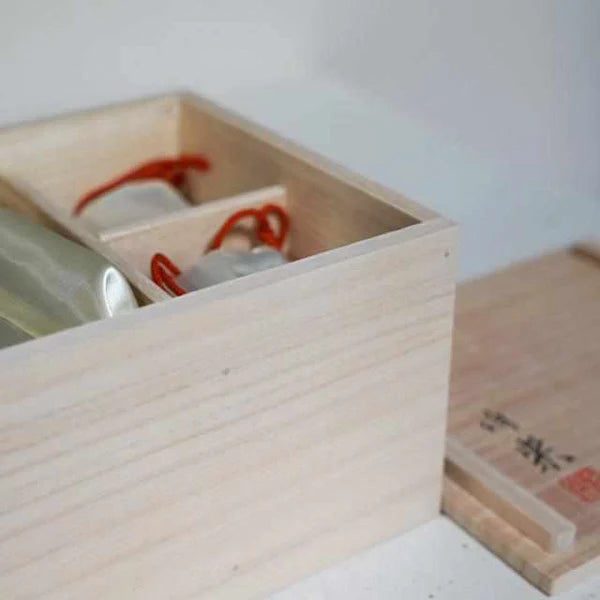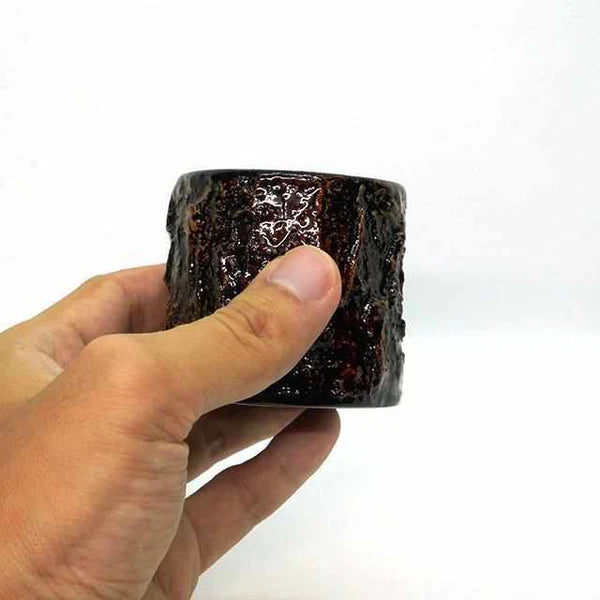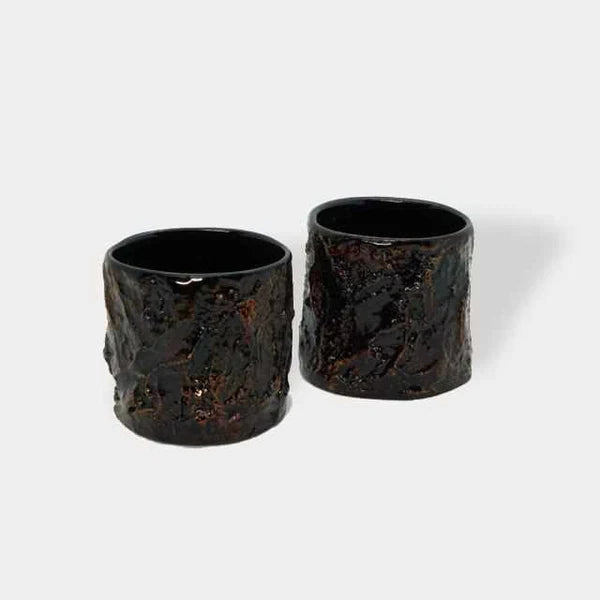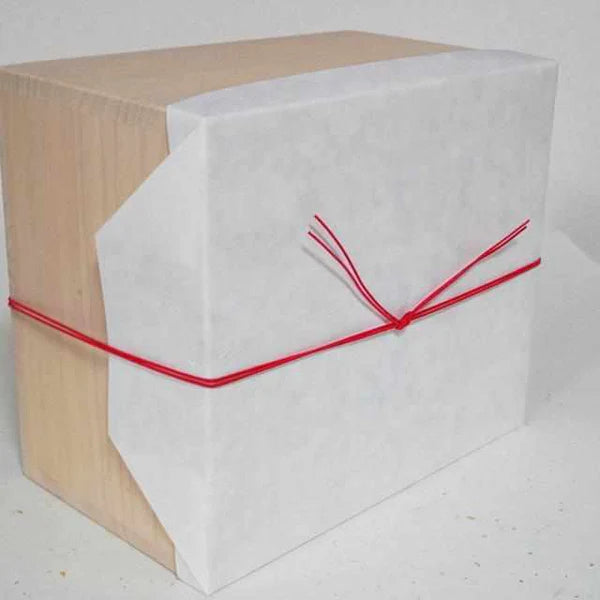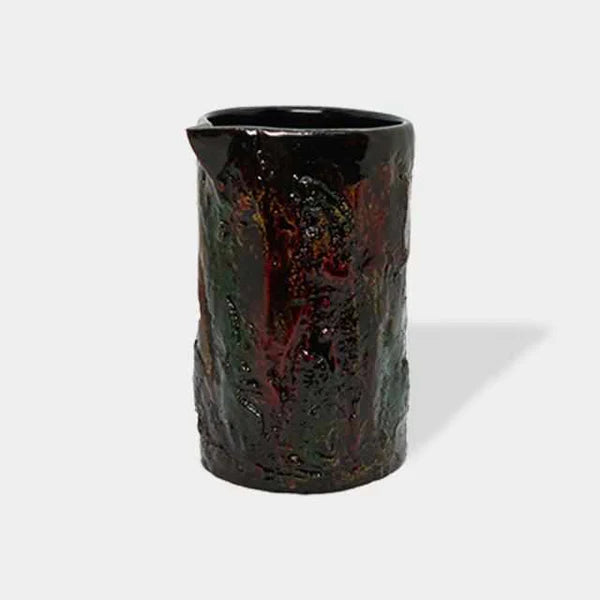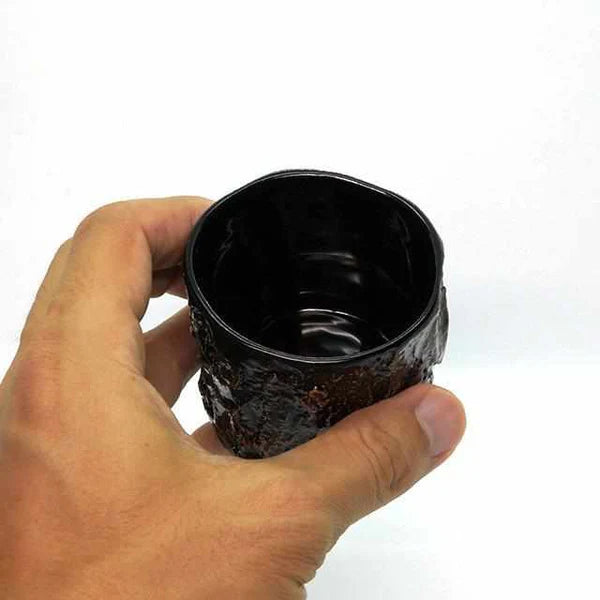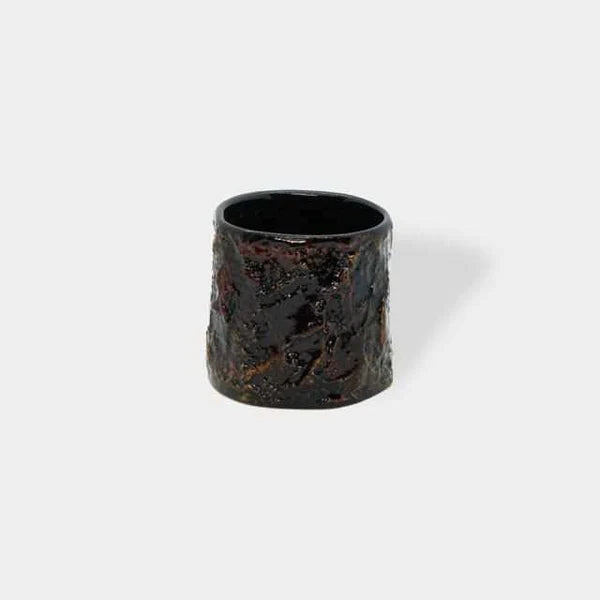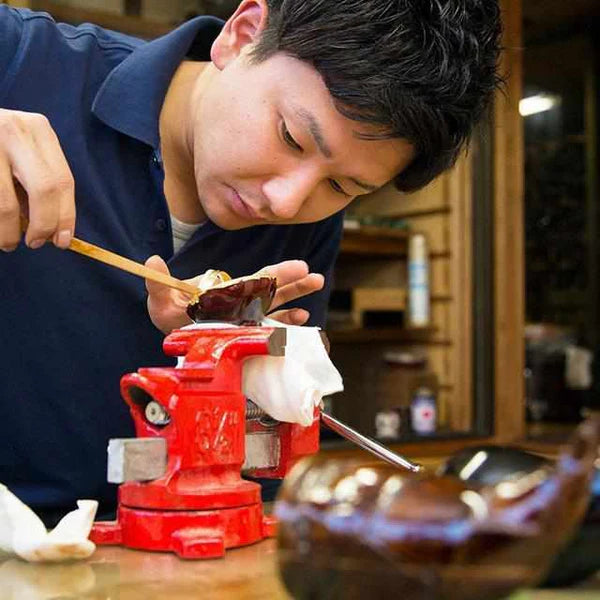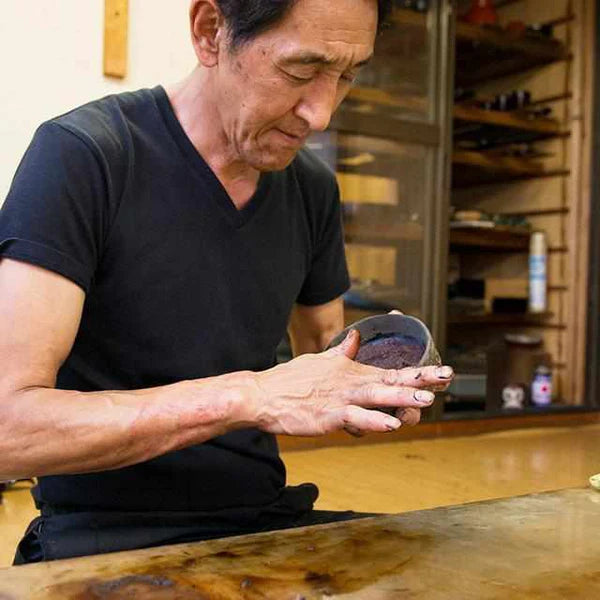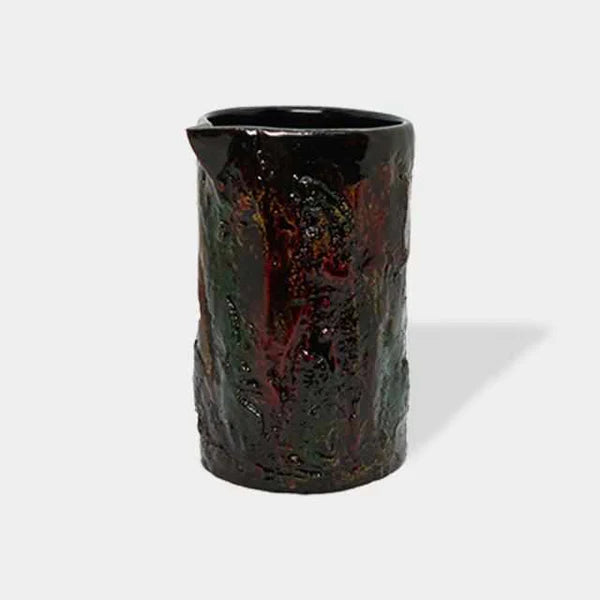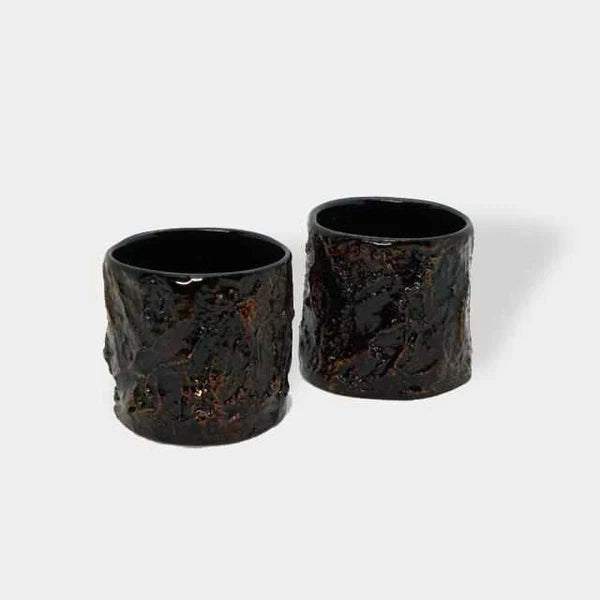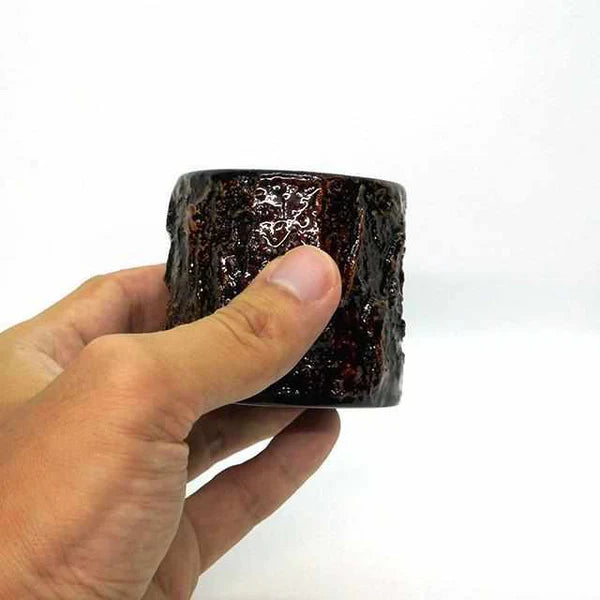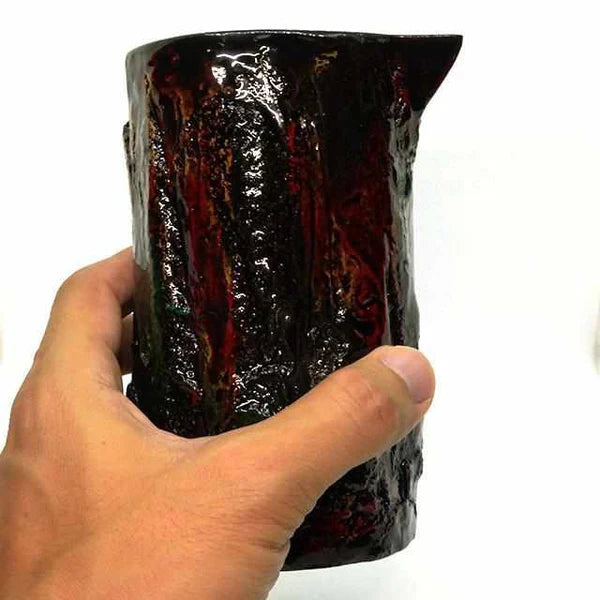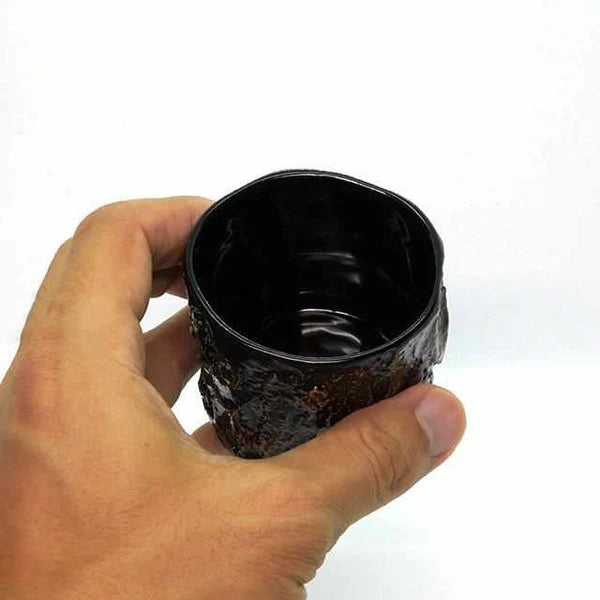Free shipping included
Kokemusu Moss Bonsai in Ceramic Bowl | Japanese Moss Plant Decor
Kokemusu Moss Bonsai in Ceramic Bowl | Japanese Moss Plant Decor
- Delivery: 7 to 90 days
Couldn't load pickup availability
A handcrafted bonsai piece that brings the calm beauty of nature indoors. Each moss bonsai is carefully grown and shaped by skilled artisans in Japan, combining traditional horticulture with a modern, minimal style.
The round moss ball sits gracefully on a ceramic tray, requiring only light care to thrive. Its lush green form offers a sense of balance and quiet, making it a perfect accent for desks, entryways, or living spaces.
No two are exactly alike, as each piece grows into its own unique form. This living art captures the harmony of wabi-sabi and the Japanese appreciation for natural simplicity.
Details
Type: Moss Bonsai (Kokedama style)
Origin: Japan
Material: Natural moss, bonsai plant, ceramic dish
Care: Mist with water as needed, avoid direct sunlight
Note: Each piece is handcrafted and will vary in shape and expression
A thoughtful gift for anyone who values nature, stillness, and the quiet charm of Japanese craftsmanship.
What stands out
Surface and color. The exterior has a thick, sculpted lacquer skin with ridges and craters, like tree bark or cooled lava. You can see layered tones of black, deep red, and mossy green. That shifting color hints at patina that appears with handling and time, matching the word kokemusu (“to become moss-covered”).
Inside finish. The interiors look smooth and glossy, which means lips meet a calm, sealed surface while the outside stays grippy. That contrast is intentional in high-end lacquerware for comfort and control.
Form. Three pieces: a small spouted server and two cups. The spout lets you pour liquids exactly where you want without drips, a classic katakuchi role in Japanese tableware that also works for teas, broths, sauces, and dressings.
Weight and strength. These look heavy but are wood-cored lacquer, so they’re light in hand. Wajima lacquerware is known for reinforced undercoats using jinoko (diatomaceous earth) and cloth, which increases durability for daily use.
Storage and presentation. The paulownia box with fitted silk pouches in the image helps buffer humidity and protect the finish when not in use. Paulownia is a traditional storage wood in Japan for fine crafts.
Quality signals you can feel
Tactile grip. The rugged exterior keeps a steady hold, even when hands are wet.
Thermal comfort. Thick lacquer layers and a wood core help soften temperature transfer to the hand. Lacquerware is valued for gentle touch and insulating feel.
Aging well. Surfaces like this gain character as micro-wear reveals color underneath. That “mossy” look ties to the idea of time and use, not damage.
Everyday uses (alcohol-free)
Tea service. Brewed green tea, roasted barley tea, or herbal infusions in the server; pour neatly into the cups. A spouted vessel also works to cool hot water for delicate teas before steeping.
Broths and soups. Serve small portions of clear dashi, consommé, or miso tasters. The cups’ size supports tasting menus.
Sauces and dressings. Use the server for citrus-soy, sesame dressing, or a dessert sauce; the spout gives control.
Table water or juice flights. Portion chilled water with citrus, cold-brew tea, or fresh juices.
Non-tabletop. The server can act as a small ikebana bud vase for a single stem when not in food use. Place a liner if you want to protect the interior finish.
Care that respects urushi
Hand wash with a soft cloth and mild soap. Dry fully.
Keep away from dishwashers, microwaves, ovens, and direct heat. Avoid sudden temperature swings. These points are standard for natural urushi.
Store in its box in a stable, not too dry and not too humid place, away from direct sun. For long rests, a box helps keep a gentle micro-climate around the pieces.
Why the craft is important
Wajima-nuri construction. The region’s practice of layering urushi over a reinforced base builds impact resistance and longevity. That’s why these feel light yet solid.
Design language. The cratered relief and earth colors give a wabi-sabi presence on the table. The look pairs well with wood trays, linen, stoneware plates, and greenery.
Specifications
Manufacturer: Satsuma Vidro
Origin: Kagoshima Prefecture, Japan
Technique: Satsuma Cut Glass
Material: Crystal glass
Size: φ2.95" × H3.46" (φ7.5 × 8.8 cm)
Weight: 0.84 lbs (380 g) each
Capacity: 9.47 oz (280 ml)
Care: Not heat-resistant. Do not use in microwave, dishwasher, oven, or over direct heat. Avoid pouring hot water.
Packaging: Paulownia box with Sanada string (slight bulge may appear due to wrapping).
Delivery Time: 1-2 weeks (if out of stock, up to +3 weeks).
Additional Variants:
1- Kokemusu Katakuchi (Bottle) - a hand-poured sake server with an organic, bark-like surface.
Maker: Wajimanuri Studio Raku
Technique: Wajima Lacquerware (Neri-Dry Lacquer®)
Size: 3.24 × 3.15 × 5.12 in. (8.5 × 8 × 13 cm)
Weight: 0.44 lbs (200 g)
Capacity: 12.17 oz (360 ml)
2- Kokemusu Ochoko / Guinomi (2-Piece Cup Set) - matching sake cups that complete the set.
Maker: Wajimanuri Studio Raku
Technique: Wajima Lacquerware (Neri-Dry Lacquer®)
Size: 2.16 × 2.16 × 2.16 in. (5.5 × 5.5 × 5.5 cm)
Weight: 0.13 lbs (60 g) each
Capacity: 3.04 oz (90 ml) each
Share
